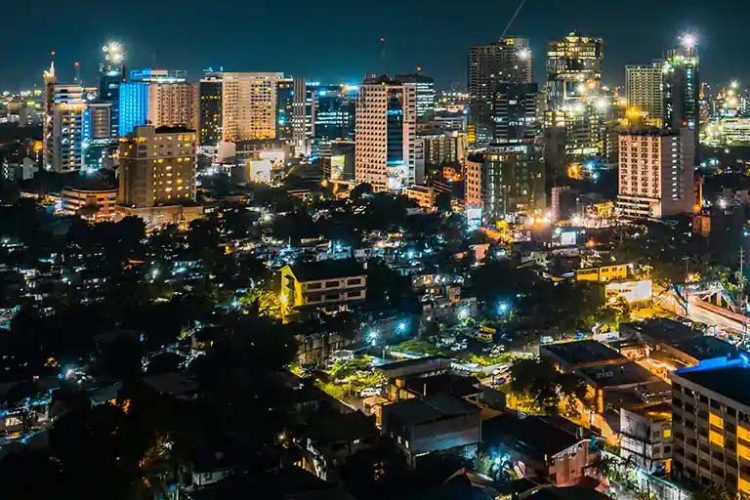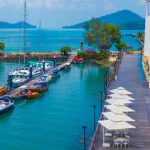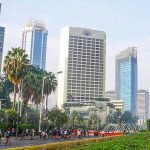Introduction
Cebu City is the central hub of the Philippines’ central Visayas region, offering a blend of urban conveniences and island charm. It is growing as a great retirement destination because of its booming economy and rich culture, away from the fast-growing community of expats. The guide shown below is important in making a decision whether Cebu City is the right place to spend your golden years.
Cost of Living
Cebu City is comparatively cheap compared to most Western countries. Housing, food, transportation, and entertainment are relatively inexpensive, allowing retirees to live comfortably on a modest budget. Of course, as with any city, there are areas that are more expensive than others. A little careful budgeting and planning can really help achieve the right mix between affordability and lifestyle.
Visa Requirements
In order to retire in the Philippines, and specifically in Cebu City, you will need a Special Resident Retiree Visa. This type of visa would require a minimum investment in Philippine government securities or properties. There are different available options under the SRRV Program with additional benefits and requirements. Research the options and see which one fits best for your case.
Healthcare
Cebu City has a good standard of healthcare, with public and private hospitals and clinics. The standard of medical care is improving very fast, but it is still highly advisable to take out health insurance for full coverage. There are several reputable hospitals and clinics here, including those for international patients.
Lifestyle and Culture
Cebu City is dynamic, with a perfect balance of urban amenities and island relaxation. You can easily find world-class shopping, dining, and entertainment options within arm’s length, yet be near fine beaches and nature spots. There is so much rich history and culture that gives wide opportunity to explore and learn. The expat community here is growing, offering a supportive network and social activities.
Safety and Security
While Cebu City is generally as safe as any other urban area, it still has its problems. Still, common sense will see you through it most of the time: avoid isolated places at night and be mindful of one’s surroundings. Be careful with typical scams that are pulled off on foreigners, and take care of one’s belongings. Getting to know locals improves safety and well-being.
Things to Consider Before Moving
You could enjoy a retirement in Cebu City if you choose the right kind of neighborhood. Think of your lifestyle preferences, budget, and access to amenities for your decision. The property range is from an affordable apartment to a luxury condominium. Be ready for the tropical climate—the heat and humidity that dominate most of the year.
Transportation
The city is developing a public transport system: jeepneys, buses, and then taxis. This could sometimes bring about traffic, especially during peak hours. Having a private car can be convenient, but it entails the trouble of dealing with traffic and finding a parking space. Many residents prefer motorbikes as a means of transportation.
Education
If you have children or grandchildren considering being educated in Cebu City, there is a myriad of ways through which they can receive their education. The city has both public and private schools, while international schools are available that particularly serve foreign students. Several higher education institutions are available, including universities and colleges, in a very comprehensive range of programs.
Nearby Attractions and Activities
Cebu City is a gateway to the exposition of the beautiful islands and attractions in store for all in the Visayas region. From world-class diving and snorkeling sites to historical, cultural landmarks, and festivals, there is something for everyone. Island hopping, beach holidays, or adventure sports—Cebu has it all.
Pros and Cons
Pros:
- More affordable than Manila
- Urban convenience blended with island living
- Good quality medical facilities
- Burgeoning expat community
- Good natural environment and attractions
Cons:
- Traffic congestion is a problem
- Possible natural disasters—earthquakes, typhoons
- Cultural adjustment
- Complex visa requirements
Weighing the pros against the cons will give you an idea of whether Cebu City’s dynamic atmosphere and low cost of living suit your retirement goals.
Related posts:

Ray Brocklesby, the site owner, is a Brit who now lives in the Philippines. He is retired and lives with his wife Weng, Daughter Kristelle, nephews, Harvey and Boknoy, and mother-in-law. Ray also has a son and daughter living in the UK, and a son in New Zealand.













